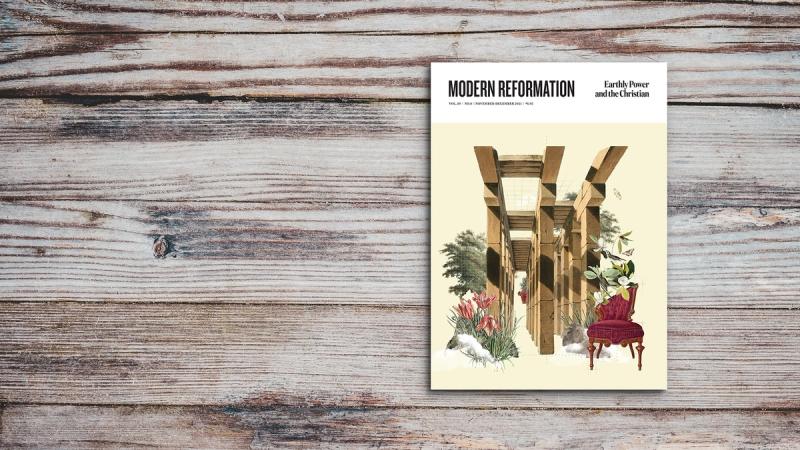In 1994, Klaus Schmidt discovered a temple in southwestern Anatolia (Turkey) that dates back almost 10,000 years—the earliest Neolithic period, just after the last ice age. As usual, he said, “First comes the temple, then the city.” Human beings are innately religious. We know this from Scripture, of course. In Romans 1, Paul explains that all people by nature know God, but they refuse to worship him and instead invent a religion that “works” for them. If there were no genuine sense of God and his revelation in nature, there couldn’t be any idolatry. First the temple, then the city.
It’s not just that religion has always had hobbyists and ardent adherents. In every civilization from the Mayans to the Mishihase and the Mesopotamians, from the Zande to the Xia, the temple was the center, and its priesthood and rites were the foundation for their art, culture, and science.
In ancient Athens and Rome, public religion integrated all of life, from the home to the village to the national festivals. Historians refer to the Byzantine-medieval era as “Christendom,” because the church or cathedral was the center of the action and priests were the leading scholars in literature, law, politics, and science. This was also true well into the Reformation era among Protestants. When the Pilgrims landed at Plymouth Rock, they first built a church and then their own homes. First the temple, then the city.
Ours is the first era in which, at least in “modernized” nations, the temple doesn’t seem to have much of a place in our cities. People are still religious but their new religion is modernity, which enshrines the individual self so that the “temple” is within each of us. Increasingly, even professing religious adherents find themselves losing confidence or interest in ultimate questions, values, and concerns. Cut adrift from dependence on a transcendent source of our existence, “now” has no connection to the “hereafter.” Even Christian preaching (if it’s to survive, we’re told) is thought to require accommodation to the assumption that there is “no heaven above us or hell below us,” as John Lennon once sang.
But the root of our culture’s problem isn’t that the temple no longer occupies the center of our cities. Everyone is obsessed with daily headlines, fearing one another other and reducing the kingdom of God to an agenda for either making America great again or revolutionary social experiments.
The root problem is that God is not the center of our own hearts and lives. As Paul says, “There is no fear of God before their eyes” (Rom. 3:18). Only when we all meditate soberly on this diagnosis will we be ready to hear and proclaim the good news Paul offers, which begins in the very next verses.
Michael Horton is the J. Gresham Machen Professor of Systematic Theology at Westminster Seminary California and the executive editor of Modern Reformation.







